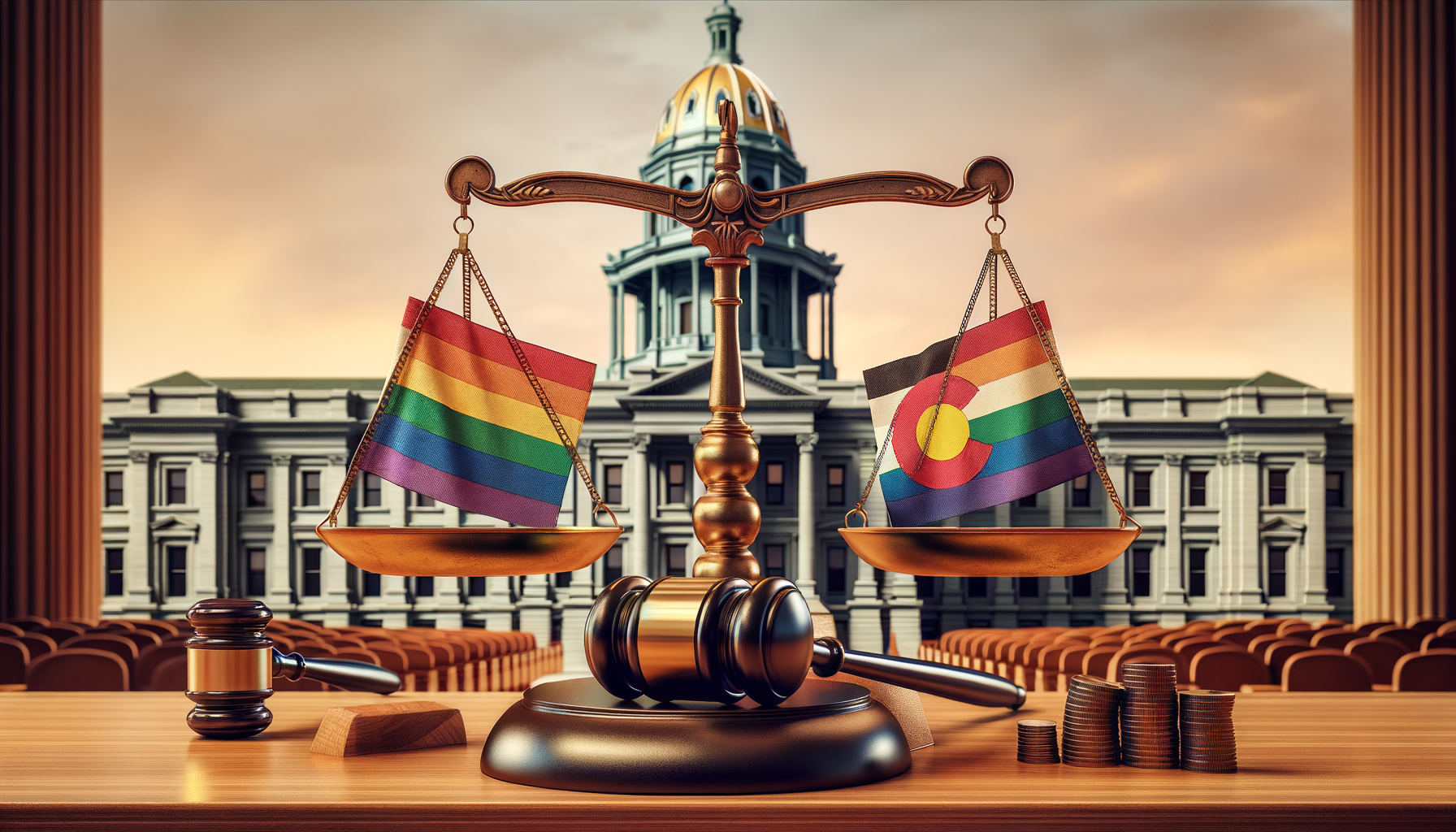Blue State Bill Targeting ‘Misgendering’ Could Be Barreling Toward Free Speech Fight, Legal Experts Say

Colorado’s Controversial Bill Faces Constitutional Concerns
A recent legislative proposal in Colorado, known as the “Kelly Loving Act,” has sparked significant debate over its potential conflict with constitutional rights. Passed by the Colorado House on April 6, HB25-1312 seeks to categorize “misgendering” and “deadnaming” of transgender individuals as discriminatory acts within public accommodations. This move aims to expand an existing anti-discrimination law that has previously seen the state embroiled in legal disputes involving Christian business owners and their freedom to act according to their religious convictions.
Legal Experts Weigh In
According to Gregory Baylor, senior counsel at Alliance Defending Freedom (ADF), the bill poses a direct challenge to the First Amendment, which protects individuals from being compelled to express messages that contradict their core beliefs. Baylor highlighted that the proposed bill could infringe on the legal protections of free speech and religious liberty, echoing concerns raised in numerous court decisions across the nation.
📢Colorado churches:
Urge and equip your congregation to oppose HB 25-1312––a radical gender ideology bill pending a vote in the CO State Senate––with this bulletin insert from the ERLC and Colorado Baptists:
https://t.co/str5I52f8n
— ERLC (@ERLC) April 15, 2025
Previous Legal Battles
The ADF has represented Colorado residents such as Jack Phillips and Lorie Smith in landmark U.S. Supreme Court cases that challenged the application of Colorado’s Anti-Discrimination Act. These cases have set significant precedents regarding the rights of business owners to refuse services based on their religious beliefs and First Amendment rights.
Details of the Bill
The bill, supported by Democratic representatives, defines “deadnaming” as referring to someone by their birth name instead of their chosen name, and “misgendering” as using incorrect pronouns or honorifics intentionally. Democratic Colorado State Rep. Rebekah Stewart, a primary sponsor of the bill, argues that the legislation is intended to create a safer environment for transgender individuals, free from harassment and discrimination.
Opposition and Criticism
|
The bill has not only faced legal scrutiny but also criticism for a provision that would require judges to consider “deadnaming” and “misgendering” as factors in child custody cases. This has been described by the Southern Baptist Convention as a radical move that could use a parent’s biblical view of gender and sexuality against them in court. Additionally, Aaron Terr from the Foundation for Individual Rights and Expression (FIRE) has expressed concerns that the bill blurs the line between discriminatory conduct and protected speech.
Democratic Colorado State Rep. Yara Zokaie controversially dismissed the need to discuss the bill with what she referred to as “hate groups,” including parental rights organizations opposing the bill. Zokaie’s remarks have intensified the debate over the bill’s implications on free speech and parental rights.
Implications for Free Speech
The ongoing debate around HB25-1312 underscores a broader national conversation about the balance between anti-discrimination efforts and the protection of free speech and religious liberty. As the bill moves to the Democrat-controlled Colorado Senate, its potential impact continues to be a point of contention among lawmakers, legal experts, and the public.









No Comments